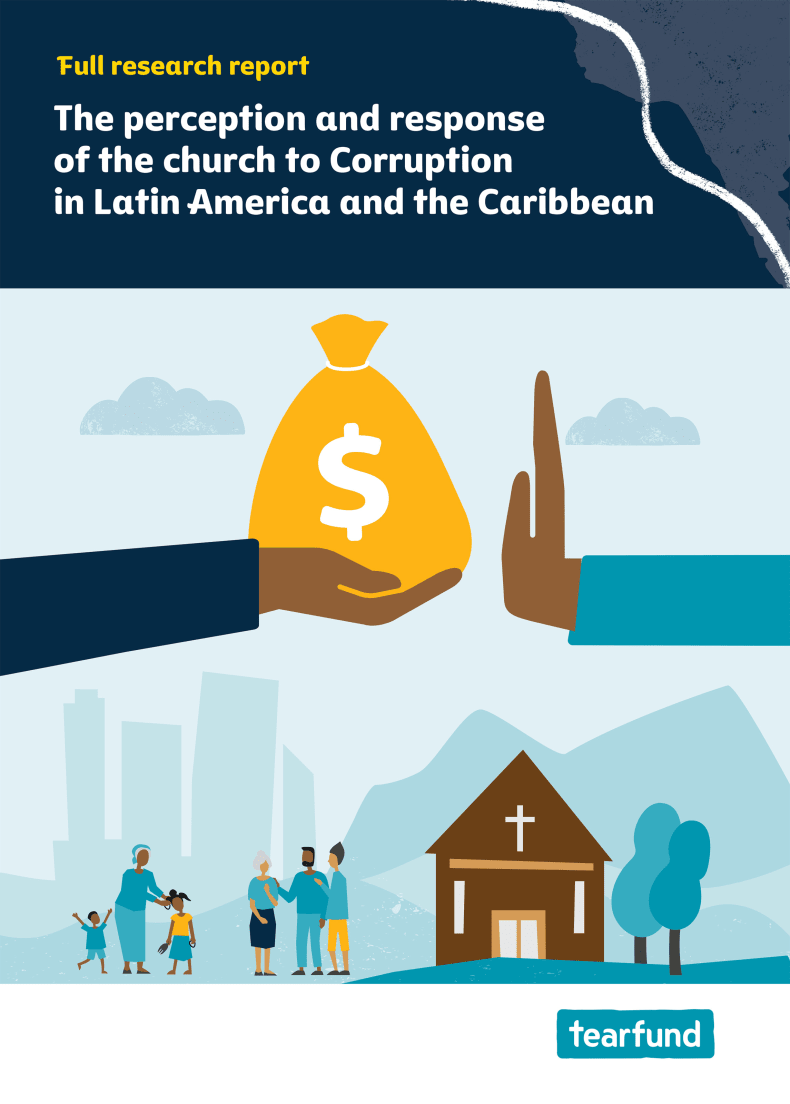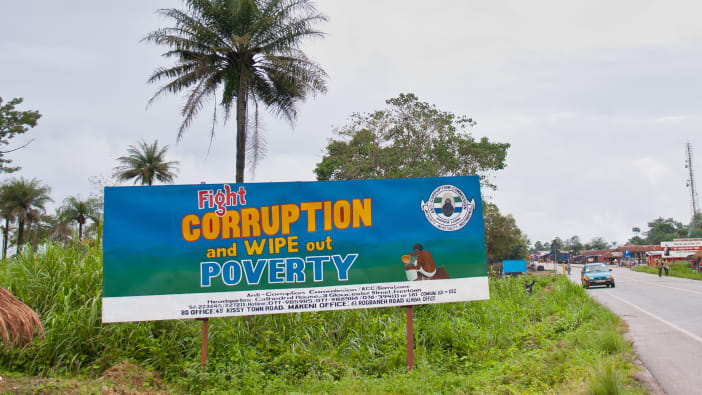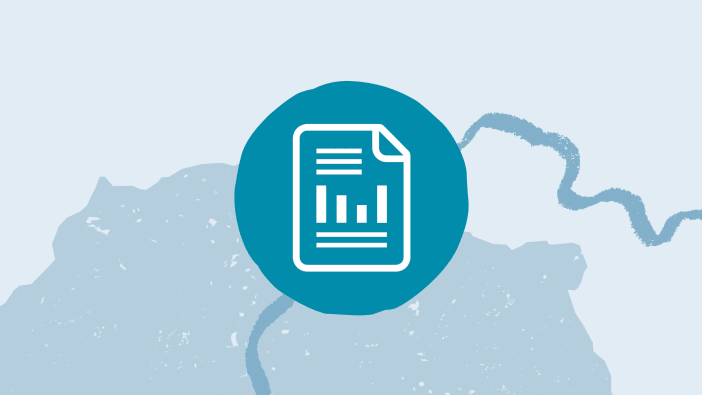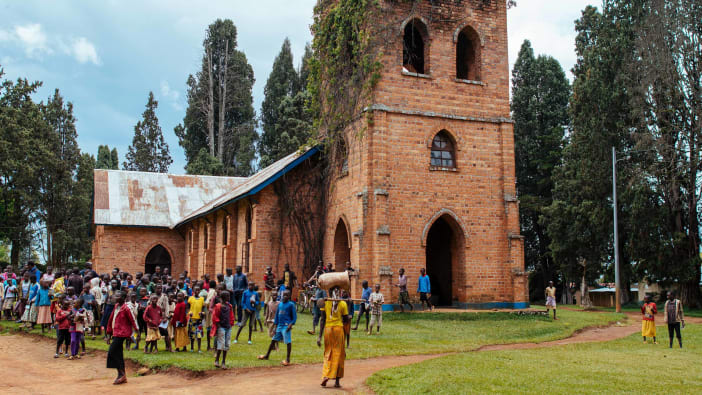Have you ever considered the role corruption plays in the poverty and inequality you see in your country? Corruption is an epidemic. It can be found in businesses, in charities and governments all over the world. But is there anything we can do about it?
First - what is corruption?
Corruption is any dishonest or illegal behaviour that benefits a few people at the cost of many. It causes economic loss and increases inequality and poverty in our countries. It erodes trust and accountability and disempowers communities, often causing the most harm to the most vulnerable. Corruption is an epidemic. But it doesn’t have to be this way.
This is Sofia. And this is José. Sofia and José grew up in the same church, live in the same town and go to the same school. They’ve been friends since they were kids. Recently, Sofia has begun to worry about some of the things she’s been reading online about her country. She’s seen articles about corruption in her government, and the more she’s read, the more she’s learnt about how it is increasing poverty, undermining human rights, and increasing violence and impunity in her country.
Sofia is heartbroken. She talks to José about her concerns. She tells him that she believes this is an issue of injustice - and that means the church should get involved. José tells Sofia he thinks she’s right, but that these problems seem to happen every day, all over the world. It is too big to take on. He believes that it is the church's job to pray, preach the Word of God and wait for divine justice. But Sofia argues that the Word of God speaks of loving our neighbour; of promoting life and justice.
“If God cares about justice and integrity, shouldn't it matter to us too?”, she asks her friend. She reminds him that the book of Isaiah tells us not just to wait for justice, but to do something about it: 'Learn to do right; seek justice. Defend the oppressed. Take up the cause of the fatherless; plead the case of the widow.’
José knows she is right but even so - how can they fight something so huge? Corruption seems like Goliath and they are like David! Sofia suggests they start by talking to people: their family, friends, neighbours, siblings, and church leaders. She says they should help to educate one another and share information - learning all they can and finding creative ways to deal with corruption together!
So first, Sofía and José visit the pastor of their church. He welcomes them and listens carefully to what they have to say. The pastor is proud that these two young members of his congregation have decided to talk about corruption. He tells them that he knows that churches often don’t talk about this issue, and that is not right - because a church that loves God and loves its neighbours must not tolerate corruption and must denounce injustice. Together, they work out the next steps they want to take with their community:
- Firstly, they will begin with a process of internal change that will evaluate, reflect on and critique unjust practices they see within their own church.
- Secondly, they will take a public stand by denouncing acts of corruption they see in their government and around them.
- After that, they will implement different actions to help combat corruption, such as: promoting spaces for prayer and reflection; providing training; carrying out research and political advocacy and mobilising young people.
And that’s just the start. Sofia and José know this will be a long fight. They need to keep the conversation going, meeting regularly and continuing to learn from each other, from experts and from the Bible. Corruption benefits a few, but harms everyone. And where there’s corruption, there’s poverty and inequality. But we can help God’s Kingdom to come, by remembering that a church that loves God and its neighbour is one that works for the wellbeing of all people.
We are called to ‘Learn to do right; seek justice. Defend the oppressed.’
Corruption is an epidemic. Let’s do something about it.








